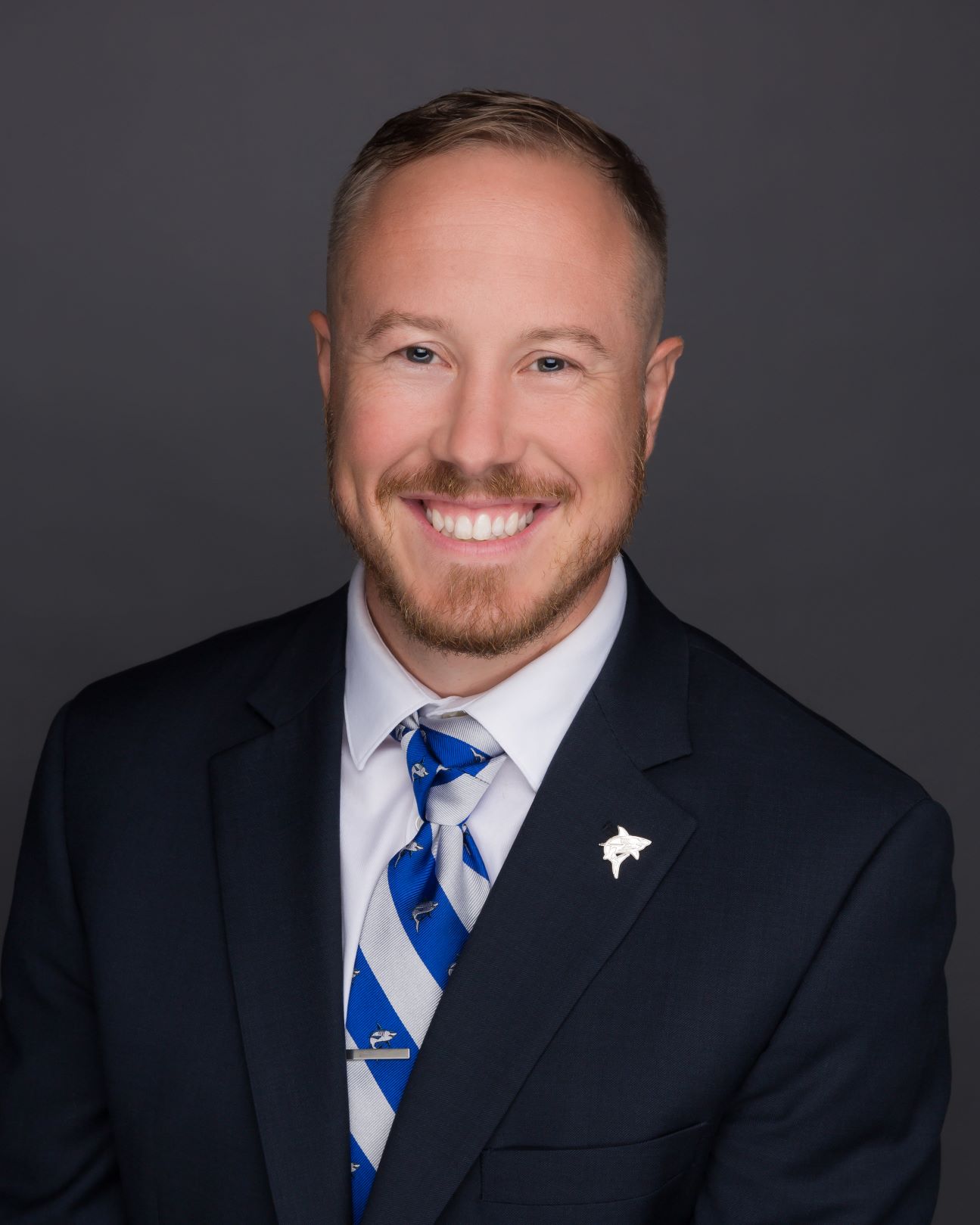Director of Ph.D. and Graduate Management Programs
Transform Conflict Through Scholarship and Practice
In a world marked by escalating conflicts and complex global challenges, the need for scholars, educators, and practitioners who can bridge divisions, promote justice, and offer transformative solutions has never been more urgent. The 69 credit Ph.D. in Conflict Analysis and Resolution at NSU prepares you to become a scholar-practitioner, equipped to engage deeply with theory while applying research and practical skills to real-world conflict scenarios.
This interdisciplinary program integrates advanced theoretical frameworks with rigorous research methodologies, allowing students to develop the knowledge and skills necessary to address conflicts at local, national, and international levels. As a doctoral student, you will refine your research capabilities and engage in immersive, hands-on learning experiences that directly connect theory to practice. Through collaboration with experienced faculty, you’ll not only contribute to advancing academic knowledge but also acquire the tools to lead in both academic and professional settings, preparing you for impactful roles in academia, international organizations, NGOs, government agencies, and beyond.
- Bridges rigorous academic training with real-world application, preparing students to lead as scholars (teaching and research), and practitioners in the field of conflict resolution.
- Curriculum emphasizes strong research foundations, offering training in both qualitative and quantitative methods to support innovative, impactful scholarship.
- Learn alongside internationally recognized faculty who are actively involved in peacebuilding, conflict intervention, policy, and academic publishing. To prepare students for future academic careers, they could take our Teaching and Training course which is designed to equip them with the skills to be an effective educator and facilitator.
- Receive practical training in key conflict resolution skills, including mediation, facilitation, negotiation, dialogue and more. This prepares graduates to lead difficult conversations, manage group dynamics, and guide constructive dialogue in a variety of settings.
- While grounded in academic rigor, the program includes experiential learning opportunities—such as field-based research, travel courses, and engagement with real-world case studies.
- Students progress through the program in a cohort model, building a strong sense of community and collaboration. This structure fosters peer support, intellectual exchange, and lasting professional relationships. • Graduates pursue careers in academia, research institutions, international organizations, non-profits, government, and consulting—anywhere deep analytical skills and conflict expertise are in demand.
Quick Facts
Who Should Apply
This program is designed for individuals who are intellectually curious, research-driven, and passionate about contributing to the evolving field of conflict analysis and resolution. Whether you are a mid-career professional aiming to advance your practice through scholarship, a practitioner eager to explore the structural and systemic roots of conflict, or an aspiring academic committed to teaching and research, the Ph.D. program will provide you with the tools to lead in both academic and applied settings. If you are interested in exploring conflict more deeply and contributing to positive change in various settings, we encourage you to apply.
Career Outcomes
Conflict Analysis and Resolution Curriculum
For specific course requirements, refer to the “Ph.D. in Conflict Analysis and Resolution Program" in NSU's Halmos College of Arts and Sciences Graduate Student catalog.
The academic program and curriculum requirements listed on this page are from the NSU Halmos College of Arts & Sciences Graduate Student Catalog. Students are bound by policies and curricula published in the catalog in effect the semester they enter the university unless an agreement is made with appropriate NSU administration officials allowing them to abide by policies published in a later catalog.
Admissions Requirements
| 1 |
Completed NSU Graduate Application and $50 Application Fee |
| 2 |
Official transcripts from all colleges or universities you attended need to be mailed directly to Enrollment Processing Services (EPS), including agency evaluation of foreign degrees for determination of U.S. equivalence (including Canadian transcripts). International Students should visit the Office of International Affairs for further information. |
| 4 | An academic writing sample (it can be an academic paper, submitted journal writing, or a piece of professional writing). |
| 6 | Submit a 'Resume' OR 'Curriculum Vita' |
| 7 | Minimum master's program GPA of 3.5. |
| 8 |
For non-native English speakers and graduates of foreign institutions (where English is not the primary language instruction). Demonstrate English-language proficiency is required through one of the following options:
|
Graduate Open House
Join us on Thursday, October 16 at 5:30 p.m. EST to learn more about Conflict Resolution studies, including careers within the field, NSU graduate degree offerings, and the application process.
This event is free and open for all to attend. Register for the open house.
Program directors and department faculty from the Department of Conflict Resolution Studies and NSU Halmos College of Arts and Sciences Graduate Admissions will be in attendance to answer your questions about your program(s) of interest.”
The Department of Conflict Resolution Studies will accept a total of 15 credits from previous graduate coursework. Coursework must replicate NSU offerings in the major field of interest or must be closely related. Transfer credits must be graduate-level from accredited institutions. Students are required to consult with DCRS Program Coordinator regarding the transfer of credit policy.
NSU’s Ph.D. in Conflict Analysis and Resolution is flexible to meet the needs of working adults and those unable to attend the on-campus program. However, there are many benefits to forming relationships with your professors and participating in hands-on work. Online students are required to attend one five-day Residential Institute (RI) per academic year, which takes place in February.
The RI helps online students build a learning community. During the RI, you will participate in experiential exercises, role play and group simulations. The RI also offers guest speaker presentations, panel discussions, career development seminars, social events and much more. There is also time allotted for faculty advising and student academic reviews.
Learn More about the Residential Institute
If you take 9 credits per term, you can expect to complete coursework in 2 ½ years, followed by a dissertation. If you take 6 credits per term, then you can expect to complete coursework in 4 years, followed by a dissertation. Courses are offered year-round.
Where Will a Ph.D. in Conflict Analysis and Resolution Take You? Hear From Our Alumni.
Program Director and Admissions Staff
You and NSU – the Sky’s the Limit
Your support and involvement helps us create, investigate, and improve the world around us. Join us in our passion to bring out the best in our students, our society, our environment, and our economy.





